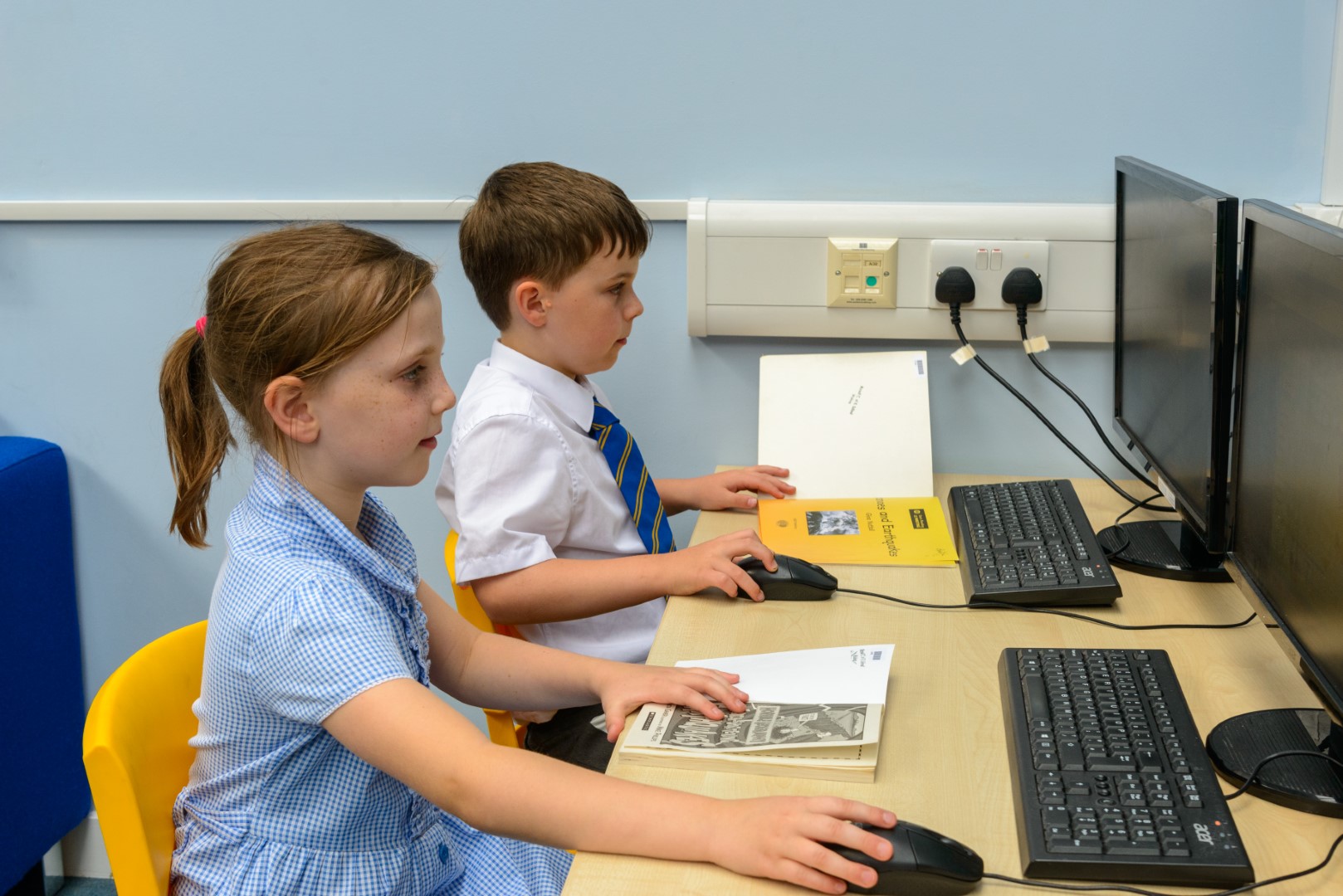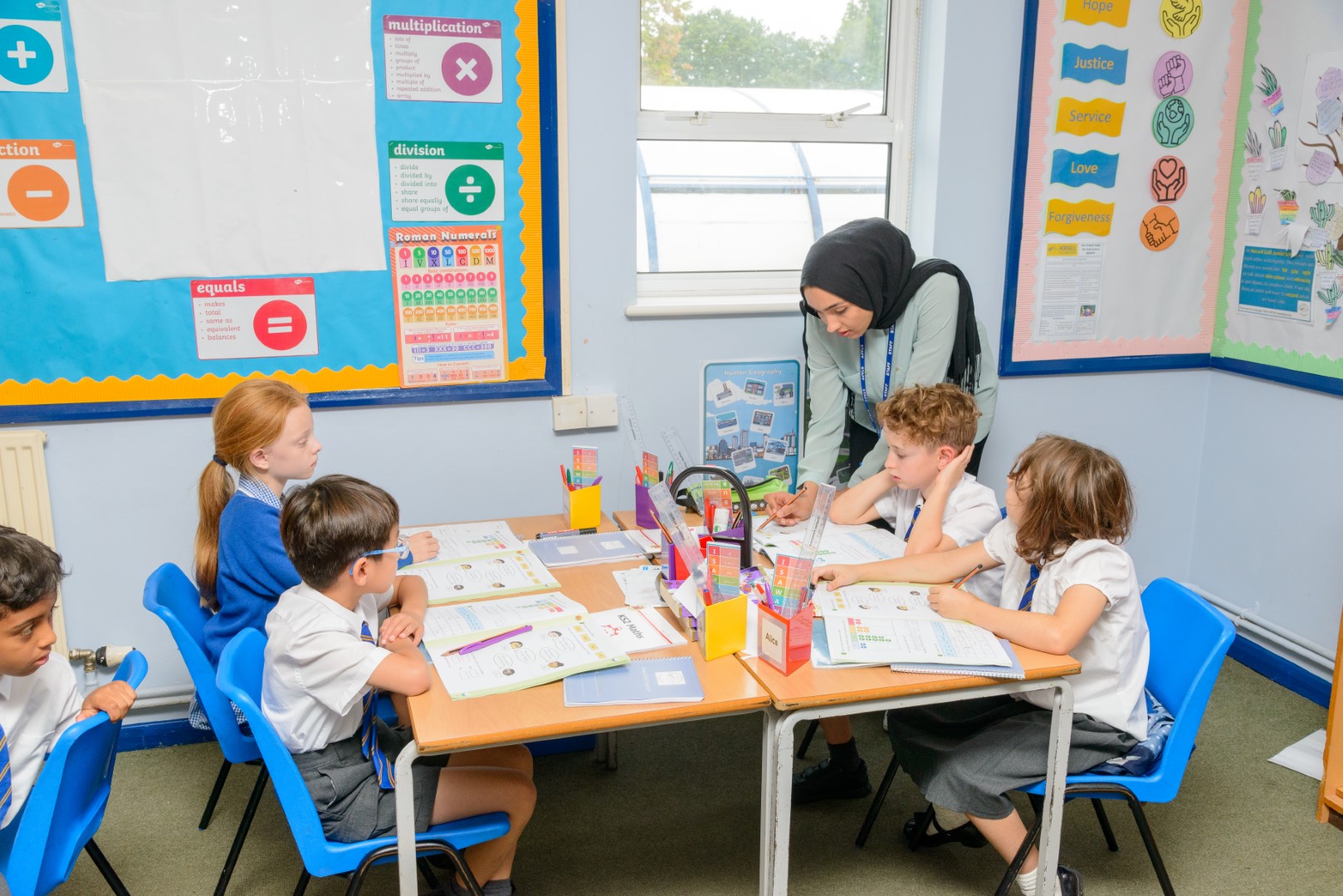EAL provision
EAL (English as an additional language) provision
We are lucky to have a diverse range of cultures and languages represented at the school. In a typical year, we have over 30 different mother tongues amongst the children. We recognise that speaking multiple languages is both challenging and beneficial for a child’s development.
We track the English language development of all children for whom it is an additional language, and provide well researched support strategies within the classroom (1). There is additional support for those who need it, ranging from social groups, pre-teaching of vocabulary, computing software and visual aides.
For EAL learners, English language level is a key predictor of educational outcomes. Research indicates that once a certain level of fluency is reached, these learners tend to out-perform mono-lingual learners in both reading and maths (2). Many of our EAL language learners make rapid progress, and contribute very positively to the school community.
(1) Bell Foundation EAL Assessment Framework V2, 2017
(2) Strand & Hessel, 2018, English as an Additional Language, proficiency in English and pupils' educational achievement: an analysis of Local Authority data






